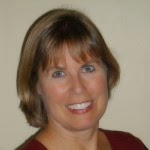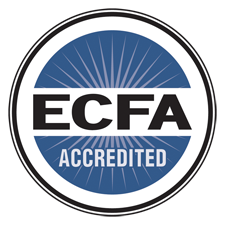Woven around the traditional hymn “All Things Bright and Beautiful”, the author, E. Janet Warren, explores the topic of causes and effects from several perspectives. The book is divided into three parts, each with two or three chapters. Part 1, The Lord God Made Them All, examines what the Bible and Christian theology say about causation. I really appreciate the thoughtful examination in this section in that the author recognizes there is not a simple, unified answer but rather multiple ways the Bible and Christian theology talk about causation including human free will, God’s sovereignty, natural processes, divine and demonic forces, and sin. The quote on page 51 sums up this section; “As responsible Christians, we need to carefully consider truths about how and why things happen, even if they make us uncomfortable”.
In Part 2, All Things Bright and Beautiful, All Creatures Great and Small, the author turns to mathematics and science to investigate what they contribute to our understanding of cause and effect. Once again, we see that causation is complex, often because of multiple factors, and sometimes they are not well understood. In fact, through quantum physics, we learn that there are some things we can’t know and some cause-and-effect relationships that we don’t yet understand well. At the same time, there are aspects of our universe that we do understand and so our conclusions about causation must be consistent with reality.
In Part 3, All Things Wise and Wonderful, the author draws on her experience in psychology to see how people understand causation, our biases, our incomplete awareness of reality, and our desire for purpose and meaning. She also looks at how we can wisely evaluate causation in spite of the complexity and our imperfect knowledge. She looks at both intuition and evaluation as ways that are important in our understanding. She reassures us with this quote on page 165, “Remember, God is flexible and will walk with us on many possible pathways”.
In conclusion, even though we may never know everything, we can examine cause and effect; we can move beyond a simplistic assertion that God causes everything to understand that there are a number of causes, God’s sovereignty does not mean he directly causes everything, and that he can use our situations even if he did not directly cause them. I found this closing quote on page 170 particularly encouraging; “Focusing on becoming Christ-like, turning toward the light of God, and listening to the guidance of the indwelling Spirit are priorities. As we grow in faith and wisdom, we will develop wise discernment skills.”
I love how Warren generously sprinkles humor, compassion, thoughtfulness, and care throughout the pages. I recommend this book for those wishing to improve their understanding of cause and effect; for those wondering why this pandemic and other bad things happen; and for those who need reassurance of God’s goodness.






